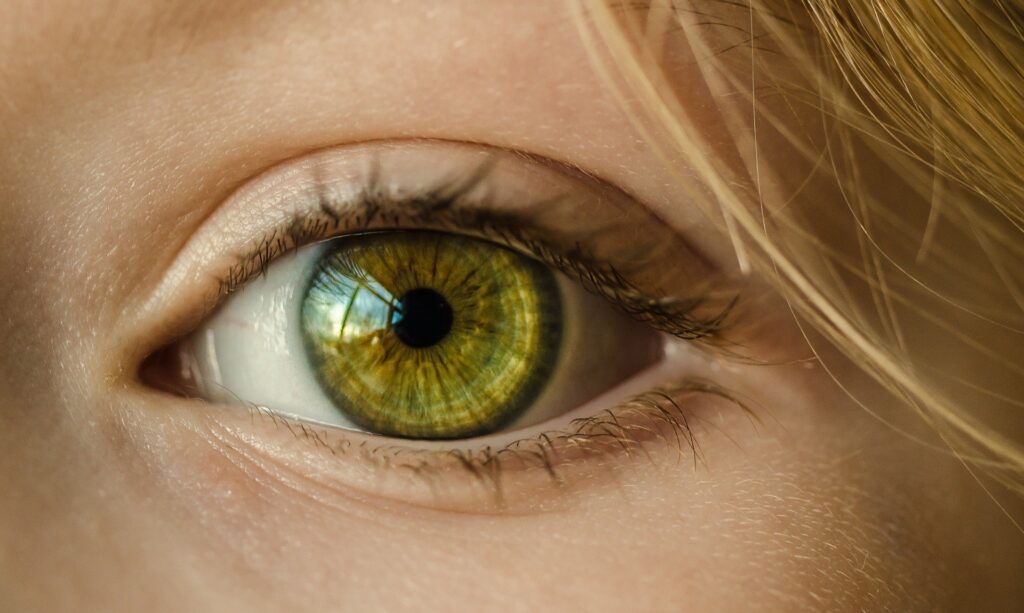What is Perception?
To perceive something is to observe it, understand it, see it…
By implication, this means that we are not actively part of what we perceive. Actively being the key word in this statement because it denotes engagement.
When we are focussed on engaging with what is in front of us, we are living I the moment. Not thinking about the past and present, simply resonating with the energetic flow that we are part of.
When we stop to consider what is going on (even for a split second), our perception of the situation is formed like a snap shot of events. We momentarily disengage to lift our heads and think.
I choose the word snapshot because that is representative of a picture.
We are all Photographers
When we take a photograph, we need to decide exactly what angle to take the shot from. We need to decide how much of the foreground and background to include. This is done by using all of our past experiences for reference. I call this process “framing the picture”.
The framing style that we choose, is constrained by both our past experiences and our tendency to try new things. The more open we are to experience, the more likely we are to try a different framing approach.
Perceiving life and the events that happen to us is fundamentally done using the same process as taking a photograph. We create a frame of reference based upon past experiences and put everything we are seeing in to context within that frame.
Artists have their own style
This process of using our life experience and knowledge, means that we each have a default preference, or style, for how we like to frame our perception. It is where our personality traits manifest. Traits such as adopting an optimistic or pessimistic outlook on life, having a can-do attitude, being level headed, playing the victim… the list is endless.
Perception is built by creating a frame of reference, then attaching meaning to everything that we see within that frame of reference.
The more we learn about ourselves and the world, the wider our frame of reference becomes. This is the reason why a commitment to life long learning and growth is truly the pathway of happiness.
Consider that when we are confused by a situation, it just means that we have not zoomed out enough to see the context for what we are viewing. Our frame is simply too small.
If we attach meaning to things within the context of an ineffective frame, this can lead to us not seeing the full range of choices that are available to us.
Events in our lives
only have the meaning that we choose to associate to them.
The key to effectively applying this insight is to make sure that your available frame of reference allows you to perceive all of the choices that are available to you.
Your perception is pliable. You own it and can shape it. Sculpting your view of the world to find the meaning you seek as the events of your life unfold. The power to shape your world view is already within your grasp. You just need to perceive it.
Learning
Since learning these insights, I have taken great pleasure in applying them to my life. When you stop and ponder the real meaning behind them, you will come to see how life really is a game that we play. Which is an insight all of itself!
Seeing the fluidity of life has enabled me to approach everything, including myself with a sense of humour and a crackling spark of curiosity. It is what fills me with energy and joy.
How can you take anything seriously when you can dissolve the meaning of it so easily?
These insights are simple, but not simplistic.
The more you practice applying them and ponder the outcomes, the further you will get peeling the never-ending onion of life.
Consider that yin and yang are mutually arising. So, for example, when something is bad it must also be good at the same time… the difference is purely down to perception.
Reflection
I will leave you with this:
“Reality” is what we take to be true. What we take to be true is what we believe. What we believe is based upon our perceptions. What we perceive depends upon what we look for. What we look for depends on what we think. What we think depends on what we perceive. What we perceive determines what we believe. What we believe determines what we take to be true. What we take to be true is our reality.”
– Gary Zukav.

Enjoy, for now.
